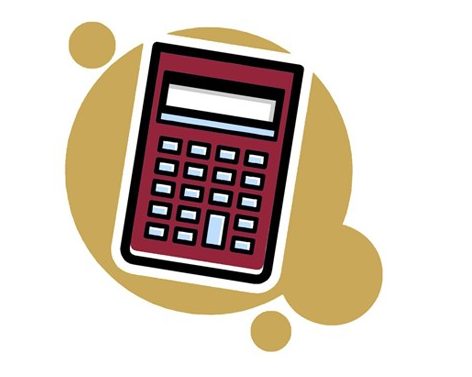Undergraduate students
Essential Information
Course sequences
Course sequences show you which courses you should take for your particular program and in which term you should take them. The recommended course sequences do not take into account any deficiencies or advanced standing you’ve received, since these vary from one student to another.
Program requirements
Additional information
Extended Credit Program (ECP)
Most students entering Concordia from a secondary school outside Quebec are admitted to the ECP. This requires the completion of 30 credits in addition to the regular 90- or 120-credit degree programs.
Mature Entry Program (MEP)
Canadians and Permanent Residents who are 21 years of age or older and who lack the normal pre-university schooling may be considered for admission to the MEP, which requires successful completion of a minimum of 18 additional credits.
To fulfill the requirements of the General Education Elective or General Electives, students may choose courses from either Humanities, Social Sciences or Other Complementary Studies from the list below.
Students in the Extended Credit Program (ECP), the Mature Entry Program (MEP) or any other students who have been assigned credits in Humanities and Social Sciences must select those credits ONLY from those corresponding lists. Those credits cannot be chosen from the list of Other Complementary Studies.
Do you need to re-sequence?
If the reccomended sequences above do not meet your needs, you can modify your sequence accordingly. While we do not recommend this, we recognize that you may be required to do so when, for example:
- You must repeat a course;
- You wish to take summer courses;
- You would like to reduce your course load (full-time status implies 12 credits per term);
- You need to go part-time;
- You are a Co-op student and you did not secure a work-term (Note: you must also submit a "Change of Sequence" request form which can be found on COMPASS).
We strongly recommend that you follow the guidelines below and create your sequence using our Program Planning Template (5-year). It is important to plan from now through graduation, not one term at a time. Once complete, we encourage you to have the modified sequence reviewed by your Undergraduate Program Assistant.
It is important to note that deviating from the recommended sequences may cause you to run into scheduling conflicts with your future courses, as well as your final exams, because our planning is based on the recommended sequences. This may require you to modify your sequence again and/or apply for alternate exams when possible.
When building your new sequence, you must pay close attention to course pre-requisite and co-requisite requirements as well as course availability.
In order to help you with the re-sequencing process, the second page on each of our recommended sequences includes a table displaying this information based on the current academic year. We cannot guarantee that the course offerings will remain the same over the next four years, but we try to remain consistent, so it is a good place to begin planning.
Also, it is important to remember that all students must have completed all 200-level courses required for their program before they can register for any 400-level course. For example, if you are planning to take your last 200-level course in the fall term, you will not be able to register for any 400-level courses in the winter term until late December or early January when the final grades are released. Keep this in mind when you are re-sequencing.
For additional information, please see:
- The complete list of MIAE 2025-26 course offerings;
- The class search to view course term availability;
- The Undergraduate Calendar for rules, regulations, and detailed course descriptions including pre-requisites and co-requisites.
Student resources


A–Z student services
Your Student Service and Recreation and Athletics fees support a wide variety of programs.
Undergraduate research
ENGR 411 is a one-credit course that consists of a Technical Report, written unsupervised. This is for students who are lacking one credit or less for graduation.
Students work on a research project in their area of concentration, selected in consultation with and conducted under the supervision of a faculty member of the department. The student’s work must culminate in a final report, as well as an oral presentation. This course is part of the Technical Electives.
The Concordia Undergraduate Student Research Awards program provides funding to students across all faculties. The goal of the awards is to stimulate interest in research, participatory research, or research-creation work that will complement undergraduate coursework and enhance preparation for graduate studies or research-related careers.
The NSERC Undergraduate Student Research Awards, funded by the Natural Sciences and Engineering Research Council of Canada, are meant to stimulate interest in research in the natural sciences and engineering. The awards are meant to encourage students to undertake graduate studies and pursue a research career in these fields. If you would like to gain research work experience that complements your studies in an academic setting, these awards can provide you with financial support (through Concordia).
Experiential learning
Take advantage of a wide array of experiential learning opportunities offered at Concordia to integrate into your studies.



